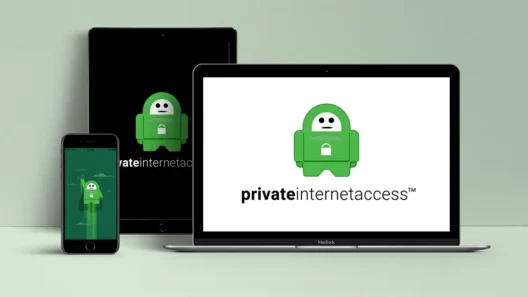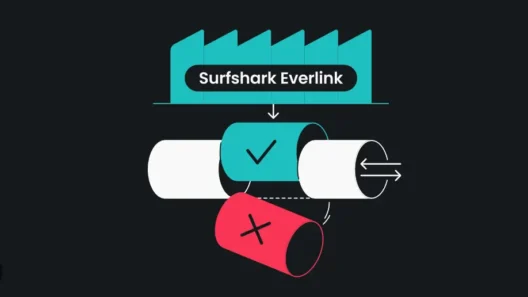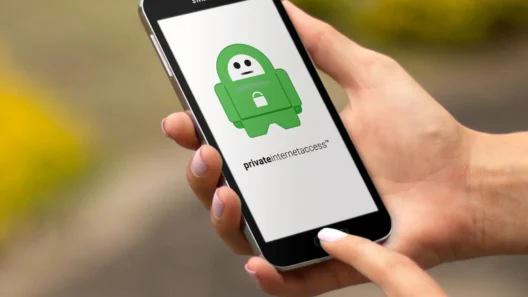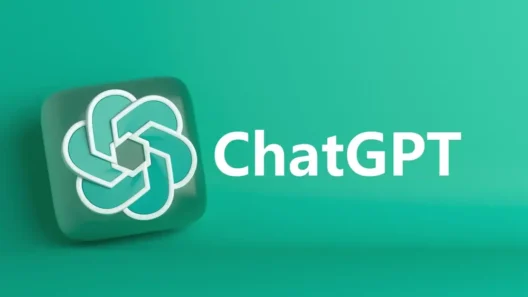“My dad, I just want to play.” That’s what my son says when I ask him to put the phone down. And I get it. He’s not trying to do anything wrong. He’s just having fun with his favorite game, like every other kid.
But somewhere deep down, a voice in my head keeps whispering. Do you really know what’s happening behind that game?
Because let’s be honest. When our kids play mobile games, we enjoy the silence. No mess, no tantrums, just five minutes of peace. But that peace can come at a cost, and it’s not something we see on the screen.
It’s what’s going on in the background.
The harsh truth: If it’s free, your kid is the product
Most mobile games these days are “free to play.” Sounds great, right?
But nothing is truly free — especially not in the world of apps.
The real currency is data. Your child’s data. Every tap, every swipe, every purchase, every emotional reaction… Games are silently tracking and analyzing it all. Why? To sell it. To advertisers, data brokers, and whoever is willing to pay.
And here’s the worst part – most of us have no idea it’s happening.
What mobile games actually know about your kid
Let me break it down, because this hit me hard as a dad. A regular game on your child’s phone can collect:
- The IP address and exact physical location
- Device info, system version, installed apps
- What your child clicks, how often they play, how long they stay
- When they win, lose, rage, quit
- Their contacts, photos, microphone, camera access
- Who they chat with, who they add as friends
Even if you never gave permission, the app might ask your kid directly – and let’s be honest, how often do they read what they’re allowing?
Some apps even collect data in the background when the game isn’t open.
It’s like a surveillance camera in their pocket.
Why this hit me as a parent
This isn’t about being paranoid. This is about understanding what’s really at stake. Because if someone wanted to build a psychological profile of your child, they wouldn’t need to hack into your home.
They just need access to one free game.
I realized my kid was giving away parts of himself – his habits, patterns, even moods – without even knowing it. And what’s worse, those data points can be cross-referenced with other games and apps to create a full profile. That profile is sold, analyzed, and used to target him with ultra-precise ads.
It’s like putting a price tag on your kid’s attention and emotions.
So what can we do?
I didn’t want to ban games. That would just cause fights and wouldn’t fix the problem.
The goal isn’t to take away fun – it’s to protect their privacy while letting them enjoy the tech they love.
Here’s what I did at home:
- I started talking to my son about apps and permissions
- Reviewed what he had installed and what those apps could access
- I turned on basic parental controls
- And most importantly… I installed a VPN on all our devices
Why I decided to buy a VPN
You’ve probably heard of VPNs, but maybe you thought they were only for tech geeks or people who want to stream Netflix from another country.
I used to think that too.
Now I see it differently.
A good VPN is like a privacy shield – and for families, it’s a game-changer.
Here’s what it actually does:
- It encrypts all your internet traffic — making it unreadable to snoopers
- It hides your IP address — so apps and advertisers can’t trace your location
- It blocks trackers and ads — especially the sneaky ones that follow you everywhere
- It works across all devices — phones, tablets, laptops, even routers
The best part? My son never noticed anything changed. The games still work, the apps load fine, but his digital trail is blurred and protected.
My top picks for VPNs that actually protect families
There are a lot of VPNs out there, but not all of them are built for privacy. Some are slow, some are shady, and free ones are often worse than no VPN at all (yes, some free VPNs actually sell your data too).
These three are the ones I personally recommend — fast, secure, and great for family use:
- NordVPN – 77% off + 3 months free
- Surfshark – 87% off + 2 months free
- ExpressVPN – 73% off + 4 months free
With just one subscription, you can protect every device your kids use – and yours too.
Final thought: We’re the firewall our kids don’t know they need
Kids are curious. They’re brave. And they love exploring new things – which is exactly why they’re vulnerable in the online world.
We wouldn’t let them walk alone in a dangerous neighborhood, right? So why let them roam the internet unprotected?
I’m not saying a VPN solves everything. But it’s a damn good start.
It’s the digital version of locking your front door, putting up curtains, and teaching your kids that not everything is safe just because it looks fun.
Because when your child says, “I just want to play,” they should be able to — without being turned into a product.













